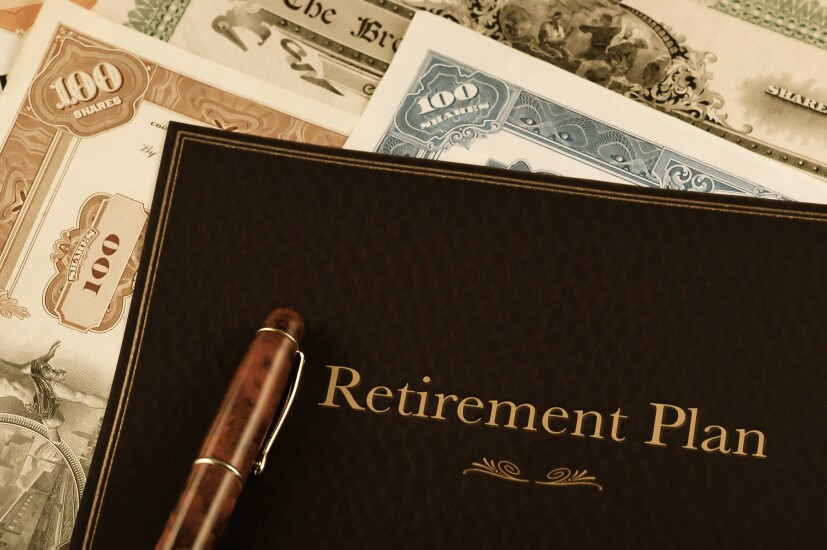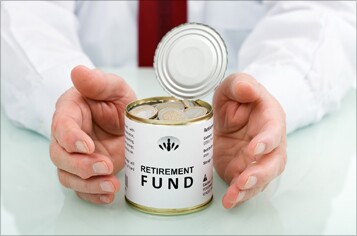Careful planning and frugal living can lead to early retirement if the clients are truly committed to making big changes.
"People always assume there’s an external circumstance: 'Oh, you must have received an inheritance,'" Carl Jensen, recently told the New York Times about his decision to retire at 43.
"We’ve just chosen to live far below our means. That itself is a radical idea."
Jensen was one of a few early retirees the Times interviewed. He’s a part of a movement that goes by the acronym FIRE for Financial Independence and Retire Early.
But is this something financial advisors recommend? What are the benefits to early retirement? What are the drawbacks? Financial Planning cast its net to find out what your peers think of this movement and how and when they’ve helped clients stop working much earlier than normal.
"It’s not a new idea," says advisor Danilo Kawasaki of LPL-affiliated Gerber Kawasaki Wealth & Investment Management in Santa Monica, California. "I’ve had so many clients ask me what it would take to retire in their 40s, some even in their 30s."
But when they see what it takes, "that number quickly dissipates," Kawasaki says.
Scroll through to read more commentary from advisors and get their thoughts on early retirement. Responses have been lightly edited.















